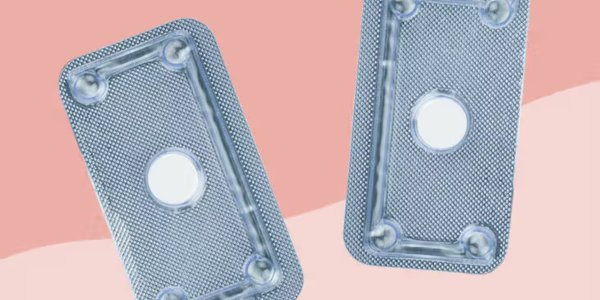Levonorgestrel
Understanding Levonorgestrel: Purpose, Use, and Effects
What Is Levonorgestrel and How It Works
Levonorgestrel is a synthetic hormone used primarily for emergency contraception. It prevents pregnancy after unprotected sex or contraceptive failure by stopping or delaying ovulation. Timing is critical—it's most effective when taken within 72 hours, though some formulations extend up to 120 hours.
The hormone doesn't terminate an existing pregnancy or affect implantation. It simply prevents an egg from being released or fertilized. That makes it a preventive method, not an abortifacient.
Forms and Usage
You can find levonorgestrel in:
-
Plan B One-Step and generic emergency pills
-
Intrauterine devices (IUDs) like Mirena or Skyla
-
Some combination birth control pills, as part of the hormone mix
The oral emergency version is often sold over the counter without a prescription. One pill is typically enough, but effectiveness drops the longer you wait.
What to Expect After Taking It
Levonorgestrel can cause mild, short-term side effects, including:
-
Nausea or vomiting
-
Headache or fatigue
-
Breast tenderness
-
Temporary changes in your menstrual cycle
It won’t protect you from future unprotected sex. It’s a one-time-use solution, not a replacement for regular birth control.
If your period is more than a week late, it's worth taking a pregnancy test, as no method is 100% effective.
FAQ
What are the disadvantages of levonorgestrel?
Some users report side effects like nausea, headaches, or irregular bleeding. It may also cause temporary hormonal imbalance.
Who should not take levonorgestrel?
Individuals with severe liver disease, unexplained vaginal bleeding, or a history of ectopic pregnancy should consult a doctor before use.
Is one levonorgestrel pill enough to prevent pregnancy?
Yes, one pill is usually effective if taken within the recommended time frame. However, earlier use increases its success rate.
What happens to the body after taking levonorgestrel?
It temporarily alters hormone levels to delay ovulation. Some may experience fatigue, nausea, or period irregularity afterward.
Can levonorgestrel affect fertility long term?
No. Levonorgestrel does not have lasting effects on fertility. Most people return to their normal cycle shortly after use.
















